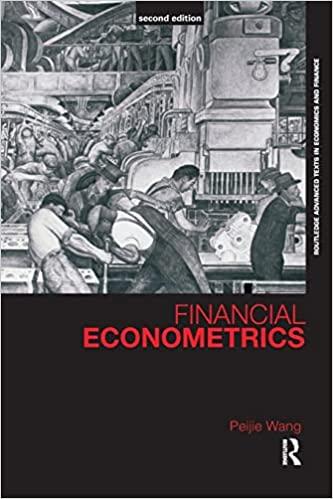Question
Quantitative Problem: Barton Industries estimates its cost of common equity by using three approaches: the CAPM, the bond-yield-plus-risk-premium approach, and the DCF model. Barton expects
Quantitative Problem: Barton Industries estimates its cost of common equity by using three approaches: the CAPM, the bond-yield-plus-risk-premium approach, and the DCF model. Barton expects next year's annual dividend, D1, to be $2.50 and it expects dividends to grow at a constant rate gL = 3.8%. The firm's current common stock price, P0, is $26.00. The current risk-free rate, rRF, = 4.7%; the market risk premium, RPM, = 6%, and the firm's stock has a current beta, b, = 1.3. Assume that the firm's cost of debt, rd, is 8.96%. The firm uses a 4% risk premium when arriving at a ballpark estimate of its cost of equity using the bond-yield-plus-risk-premium approach. What is the firm's cost of equity using each of these three approaches? Do not round intermediate calculations. Round your answers to two decimal places.
CAPM cost of equity: %
Bond-Yield-Plus-Risk-Premium: %
DCF cost of equity: %
If you are equally confident of all three methods, then what is the best estimate of the firms cost of equity?
The best estimate is the highest percentage off the three approaches
The best estimate is the average of the three appraoches
The best estimate is the lower percentage of the three approaches
Step by Step Solution
There are 3 Steps involved in it
Step: 1

Get Instant Access to Expert-Tailored Solutions
See step-by-step solutions with expert insights and AI powered tools for academic success
Step: 2

Step: 3

Ace Your Homework with AI
Get the answers you need in no time with our AI-driven, step-by-step assistance
Get Started


